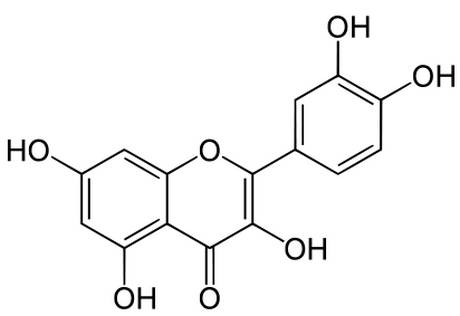Time for coffee and tea
Health benefits of tea: Is black tea good for you?
Black Tea and Health
Recommended Pages
Drinking Black Tea and its Health Implications
Tea Consumption in the United Kingdom
With the exception of water tea is the most consumed liquid in the world. In the united kingdom the beverage has been consumed for at least the last 350 years, and it is estimated that over three quarters of the population drink around a pint of tea a day. There is no distinction of tea consumption between the sexes, with men and women drinking similar amounts, however people over the age of 50 drink twice as much as people below 25.
Another interesting fact is that 46% of people prefer to drink their tea without sugar. The vast majority of people in the UK (and most of the western world, drink their tea in the fermented black form).
Antioxidants in Tea
There are many things in tea that are known to have impacts upon health, these include antioxidants, essential oils, minerals, vitamins and caffeine. Black tea contains about 200mg of flavonoids, and in the UK drinking tea contributes over 80% of daily flavonoids. Due to the fermentation process of black tea which oxidises tea, black tea contains polyphenols such as thearubigins and theaflavins, at a greater quantity than the monophenols catechins; these are much more abundant in green tea. The main components of black tea are given:
1. Thearubigins: these make up from between 12 to 18% of the dry weight of tea
2. Catechins: mainly in the form of Epigallocatechin gallate (10 to 12%)
3. Methylxanthines: Caffeine (8 to 11%)
4. Flavonols: Such as Quercetin, Keampherol and Rutin (6 to 8%)
5. Other: eg, Minerals, vitamins, amino acids and phenolic acids.
 The tea flavonol Quercetin: Image by Wikimedia.
The tea flavonol Quercetin: Image by Wikimedia.
Health Benefits of Black Tea
It is thought that the consumption of many of these components may have important health benefits. The consumption of black tea flavonoids has been linked to many aspects of health, the health benefits of tea include, but are not limited to the lowering the risk of coronary heart disease, reduce LDL cholesterol, stimulate anti-inflammatory responses. Due to their anti-oxidant capacity these flavonoids are also likely to play a role in the prevention of cancers by reducing the number of DNA damaging free radicals.

Glass of health black tea, image by Jumamemento.
Despite its many benefits it is often reported that black tea has many bad aspects such as an affect on bone health, fluid balance and of its caffeine content; this is thought to . With the question in mind of whether the healthy aspects of drinking tea outweigh the negative aspects, Gardner et al investigated the research literature for the links between black tea drinking and seven areas of health.
Black tea and health part two: Heart disease
References
Dufresne and Farnworth (2001). A review of the latest findings the health promotion properties of tea. Nutr Biochem. : 404 to 421.Gardner et al (2007), tea – helpful or harmful? A review of the evidence. Journal of Clinical Nutrition. 61: to 18
Henderson and Swan (2002). Diet and Nutrition Survey: adults aged 19 to 64 years. FSA: London.